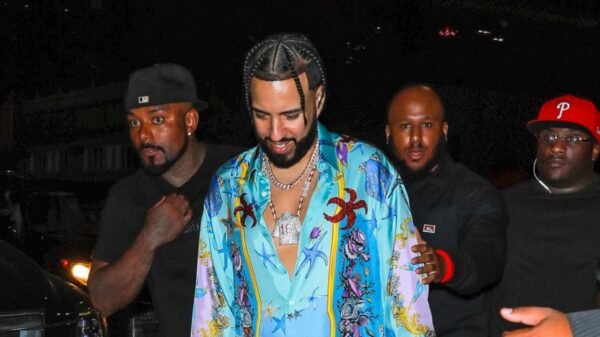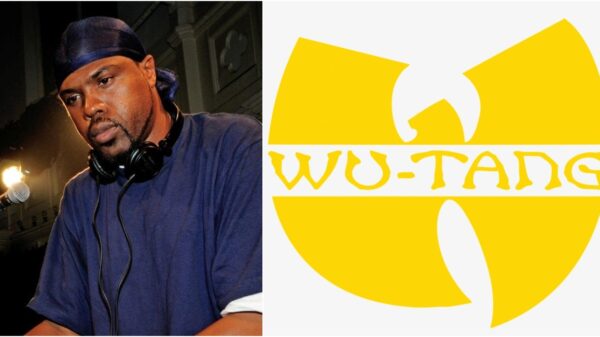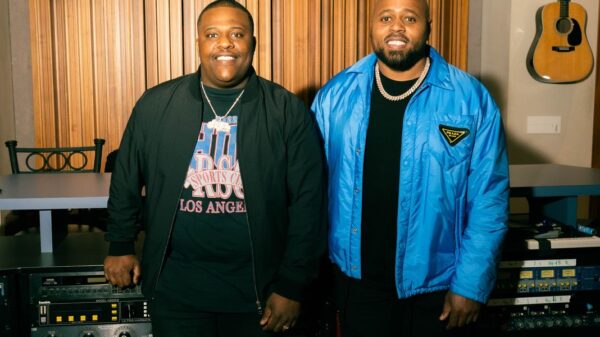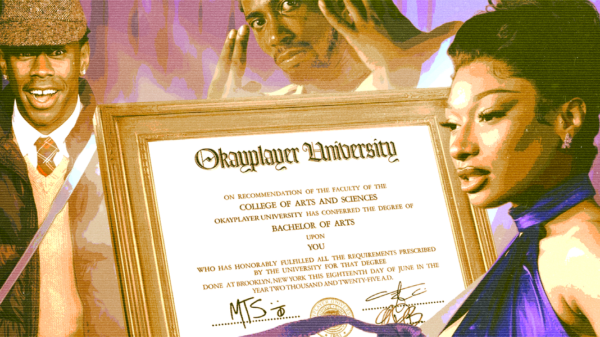Growing up in Houston, as long as I can remember, Juneteenth was commemorated with intimate family gatherings filled with song, dance, and eating of red-hued foods symbolic of the blood shed by our ancestors. It’s always been a special holiday around here and throughout the rest of Texas, celebrated locally in the state since the 1860s and becoming an official state holiday in 1980. Now a federal holiday, Juneteenth has been cheapened by people who don’t know its true meaning.
Prior to being established as a national holiday, Juneteenth was predominantly observed and celebrated in the Southern United States, particularly among Black Texans. The three-year bloodshed caused by the Civil War led President Abraham Lincoln to sign the Emancipation Proclamation in 1863, which declared all slaves would be set free. However, it wasn’t until 1865 when the 13th amendment was signed (and ratified on December 6, 1985), abolishing slavery in the U.S. Despite this decree, all slaves, especially those in the Southwestern states, were not made aware of the executive order.
The Civil War ended on April 9, 1865, just two years after the Emancipation Proclamation was signed. Roughly two months later, a contingent of around 2,000 Union troops reached Galveston, Texas, and made the historic announcement to over 250,000 formerly enslaved Black individuals, who were unaware of their newfound freedom. This year marks the 158th anniversary of Major General Gordon Granger’s arrival at Galveston Island declaring that all slaves were free.
Despite this long journey to freedom, its significance has seemingly been diluted following the federal recognition of Juneteenth in 2020. While some may argue that it’s about time Juneteenth be acknowledged in such a way, the newly established federal holiday inadvertently contributes to the erasure of Black Texans and their plight for freedom.
“My problem is that the celebration in many ways can be co-opted by commercialization if people don’t keep their eye on the prize,” said Sammie Whiting Ellis, a historian and retired educator. “Juneteenth was always more about intimate family celebrations. There was no such thing as a ‘Juneteenth sale,’ or people going out designing t-shirts and having all these different social events. Juneteenth was a familial, religious kind of ceremonial time.”
According to the Pew Research Center, over half of the nation only began to recognize Juneteenth as a permanent holiday as early as 2020, a byproduct of the surge of racial tensions that followed the tragic deaths of George Floyd and Breonna Taylor. In 2021, President Joe Biden signed a bill passed by Congress to make Juneteenth a federal holiday, further adding to its newfound recognition.
However, with this mainstream treatment so much has already gotten lost in translation, with Black Texans being removed from Juneteenth’s essence. Much like the racial tensions of yesteryear amplifying Black-owned businesses in the name of allyship, the same can be said about Texans’ beloved holiday — it’s being co-opted in the name of being politically correct. The current national observance of Juneteenth is performative, and without the active participation and continuous advocacy of Black Texans, the connotation and significance of Juneteenth are ambiguous. This is even reflected in Biden’s recent Juneteenth celebration that took place on June 13 at the White House. Not only did it disregard the actual day Juneteenth is celebrated on, but Texas wasn’t even represented among the artists who performed, undercutting how impactful such a celebration could’ve been.
“Collectively, we were not asking for Juneteenth to become a holiday, we were asking for Black death, as a result of structural racism and police violence, to cease. Instead, we got Juneteenth as a federal holiday,” said Maco L. Faniel, a historian and the author of Hip Hop in Houston: The Origin and Legacy. “I am aware that it was a Black Texan from Fort Worth who had been petitioning for Juneteenth to become a federal holiday, so I won’t disrespect my elder. However, the recognition of the day when enslaved Black folks in Texas were freed from bondage has not forced the nation and its people to reckon with what that bondage and subsequent racial regimes wrought for Black folks.”
The significance of Juneteenth holds a profound meaning for me. My five-time great-grandfather, Jack Yates, joined forces with other emancipated individuals in Houston, Texas. They pooled their resources to acquire a parcel of land that would eventually be recognized as Emancipation Park. This historic location became the inaugural site for Juneteenth celebrations in Houston, cementing its significance in my heritage.
“We all grew up celebrating Juneteenth. We did not celebrate the Fourth of July. We celebrated what was called Emancipation or Freedom Day, and all of the accouterments that went along with that, were handed down, from generations,” Ellis said. “Everything that the family did, and all the big celebrations — what has happened with most holidays that deal with people of our culture, they’ve commercialized it. You can see what they did with the King holiday.”
“It’s overdue for people to know about it, but if people don’t know what they’re celebrating or why they’re celebrating, it loses its power,” Ellis added. “That creates a vacuum in who they are. It allows for a certain level of commercialization and for it to be misinterpreted.”
It’s not just the larger American audience that misinterprets the meaning of Juneteenth. Across the diaspora the message gets distorted, reflected in how most Juneteenth event flyers often have the colors of the Pan-African movement instead of Juneteenth’s actual colors. The official Juneteenth colors are red, white, and blue. The presence of the patriotic colors symbolizes the American flag, serving as a poignant reminder that slaves and their descendants were, and continue to be, an integral part of the United States.
“You really don’t know where it’s gonna go because this country is always about commercializing the most sacred thing that pertains to our people,” Ellis said. “When dealing with slavery, it’s hurtful and it’s not something that anybody would want to remember, but it’s something that we cannot ever afford to forget.”
Texas, along with other Confederate states, actively sought to hinder the newfound freedom of slaves, resulting in a significant disparity between the end of the Civil War, and the actual emancipation of enslaved individuals through the Emancipation Proclamation. This historical context highlights the need to honor and understand the profound impact of Juneteenth beyond superficial observations like concerts and barbecues. As numerous states observe Juneteenth 2023, the absence of Texas at the forefront of the federal holiday can lead to the perception that it’s just another day off, devoid of its true historical and cultural significance. It is crucial to emphasize that Juneteenth owes its existence to Texas. Without explicitly recognizing this fact, the true significance of Juneteenth can easily become commodified and erased.
Read the full article here



































